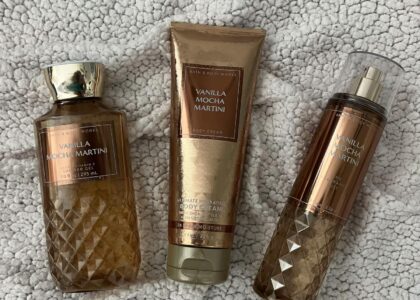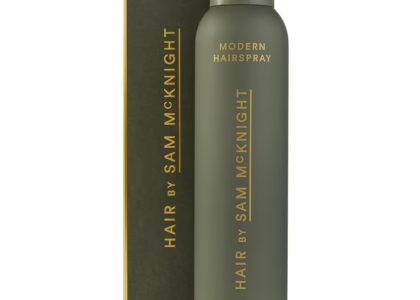Have you ever caught a whiff of a scent and instantly felt happier, more confident — or transported to a distant memory? If so, you’re not alone. This universal experience plays into what scientists and beauty lovers call fragrance obsession — our powerful emotional and psychological attachment to scent. From calming lavender to energizing citrus, fragrances have become more than just beauty products — they’re personal rituals, emotional anchors, and even mood boosters.
But is this love for fragrance healthy? Or is our obsession with perfumes and scented products becoming a silent concern?
Let’s dive into the science, psychology, and self-care side of fragrance obsession — and uncover both the benefits and risks.
The Science Behind Fragrance Obsession
Fragrance obsession isn’t just a passing trend — it’s deeply rooted in how the human brain is wired. Scents travel through the olfactory bulb, which is directly connected to the brain’s limbic system — the part responsible for emotions and memory. That’s why certain scents can instantly trigger vivid memories or emotions.
According to the American Psychological Association, scent is one of the strongest triggers of emotional memory — reinforcing just how real our fragrance obsession is.
Why Your Brain Loves Scents
When we inhale a fragrance we love, the brain releases dopamine — the same “feel-good” chemical linked to rewards and pleasure. This creates an emotional imprint, making us crave that smell again.
Over time, this can develop into what many describe as a fragrance obsession — constantly searching for the perfect signature scent or hoarding a collection of perfumes.
Is Fragrance Obsession a Form of Self-Care?
In many ways, yes. For millions, applying perfume is a mindful, self-soothing ritual — a way to start the day with confidence or unwind before bed. Whether it’s spraying your favorite floral mist or lighting a scented candle, fragrances often serve as emotional anchors.
- Boosts confidence: A signature scent can make you feel powerful.
- Creates routine: Daily fragrance use can ground you.
- Elevates mood: Scents like vanilla or citrus naturally boost serotonin.
This is especially true among Gen Z and millennial women, where fragrance is no longer just about attraction — it’s about expression and emotional regulation.
Explore how today’s fashion choices reflect similar values of self-expression and sustainability in our recent blog on Copenhagen Fashion Week’s street style and fall trends.
When Does Fragrance Obsession Become Harmful?
As lovely as scents can be, some concerns come with overexposure:
- Synthetic chemicals: Many perfumes contain phthalates and parabens that may disrupt hormones.
- Allergies and sensitivities: Some people develop headaches or skin reactions to strong perfumes.
- Environmental impact: Overproduction and chemical disposal from fragrance industries can contribute to pollution.
While not every perfume poses a risk, being mindful of ingredients and usage is essential — especially if you’re wearing fragrance daily or layering multiple scented products.
How to Make Your Fragrance Obsession Safer
- Opt for clean or natural scents: Look for transparent brands that avoid harsh chemicals.
- Use less, layer wisely: One spritz may be enough.
- Choose pulse points: Applying perfume to wrists and neck makes the scent last longer, so you use less.
Also, check for potential greenwashing in the fragrance or fashion industries. For example, Italy recently fined Shein for misleading eco-friendly claims, reminding us to shop more consciously.
Why Fragrance Obsession Isn’t Going Away
Fragrance is timeless. From Cleopatra’s ancient oils to TikTok’s trending perfumes, our desire to smell good is as old as civilization. What’s new is how personal and emotional it has become. In today’s fast-paced world, where self-care and individuality matter more than ever, fragrance gives us a way to pause, reflect, and even reinvent ourselves — one spray at a time.
Whether you’re into musky scents, sweet florals, or aquatic fresh notes, your fragrance obsession might just be your brain’s way of seeking comfort, identity, and joy.
Final Thoughts: Is It Love or Addiction?
In moderation, your love for perfume is completely natural and even beneficial. But like anything, balance is key. If your collection is overflowing or you feel incomplete without fragrance, it might be time to reassess your relationship with scent.
Still, in a world that often feels chaotic, isn’t it beautiful that something as invisible as a scent can bring so much peace?
Let your fragrance obsession guide you toward better self-awareness — not just scent satisfaction.
Ready to discover your next signature scent? Explore more on our Fragrance Blog.











